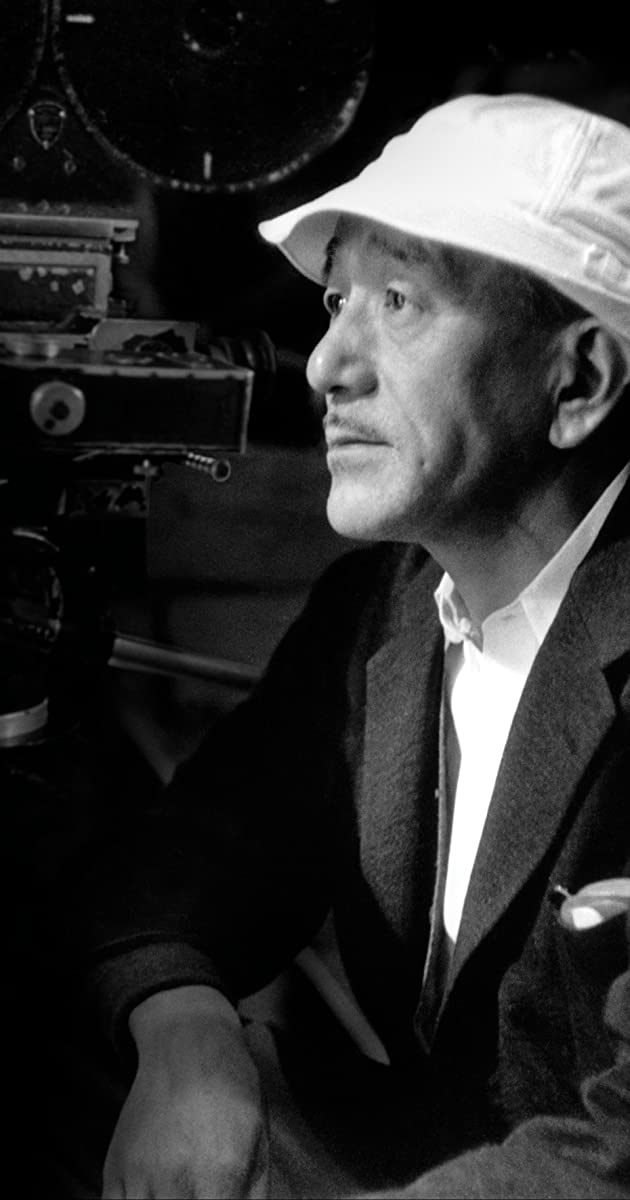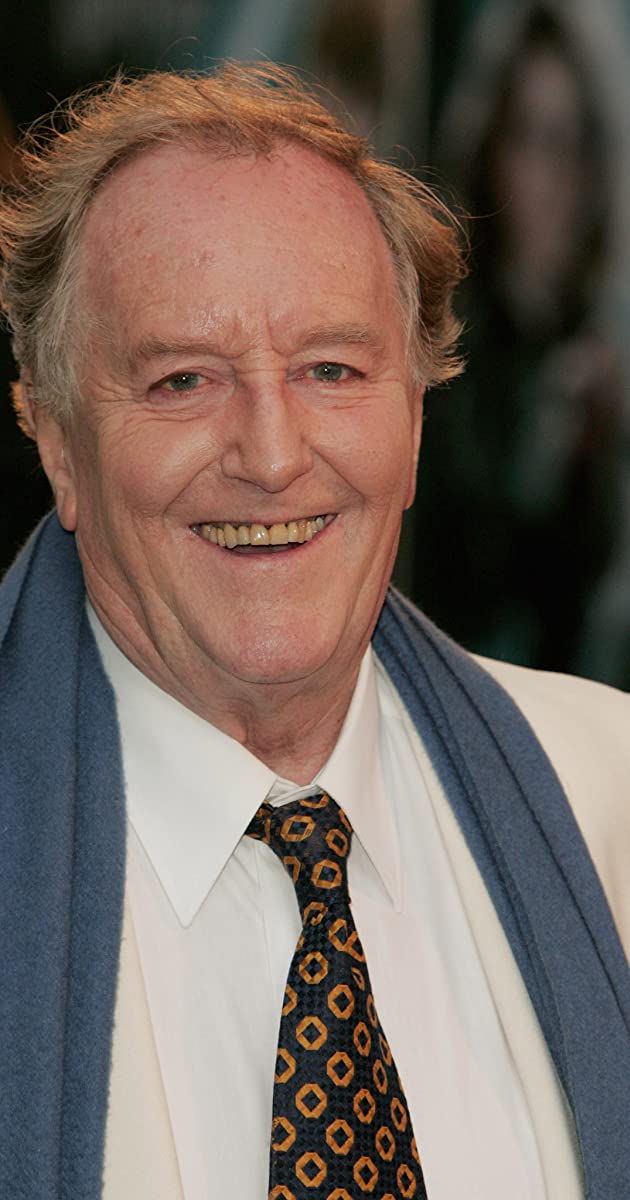
Tokyo-born Yasujiro Ozu was a movie buff from childhood, often playing hooky from school in order to see Hollywood movies in his local theatre. In 1923 he landed a job as a camera assistant at Shochiku Studios in Tokyo. Three years later, he was made an assistant director and directed his first film the next year, Zange no yaiba (1927). Ozu made thirty-five silent films, and a trilogy of youth comedies with serious overtones he turned out in the late 1920s and early 1930s placed him in the front ranks of Japanese directors. He made his first sound film in 1936, The Only Son (1936), but was drafted into the Japanese Army the next year, being posted to China for two years and then to Singapore when World War II started. Shortly before the war ended he was captured by British forces and spent six months in a P.O.W. facility. At war’s end he went back to Shochiku, and his experiences during the war resulted in his making more serious, thoughtful films at a much slower pace than he had previously. His most famous film, Tokyo Story (1953), is generally considered by critics and film buffs alike to be his “masterpiece” and is regarded by many as not only one of Ozu’s best films but one of the best films ever made. He also turned out such classics of Japanese film as Flavour of Green Tea Over Rice (1952), Ukikusa (1959) and An Autumn Afternoon (1962).
Ozu, who never married and lived with his mother all his life, died of cancer in 1963, two years after she passed.


